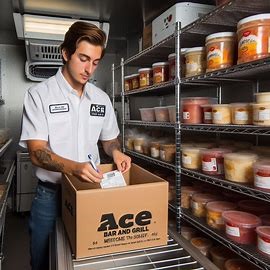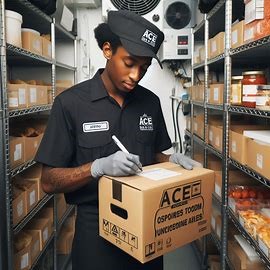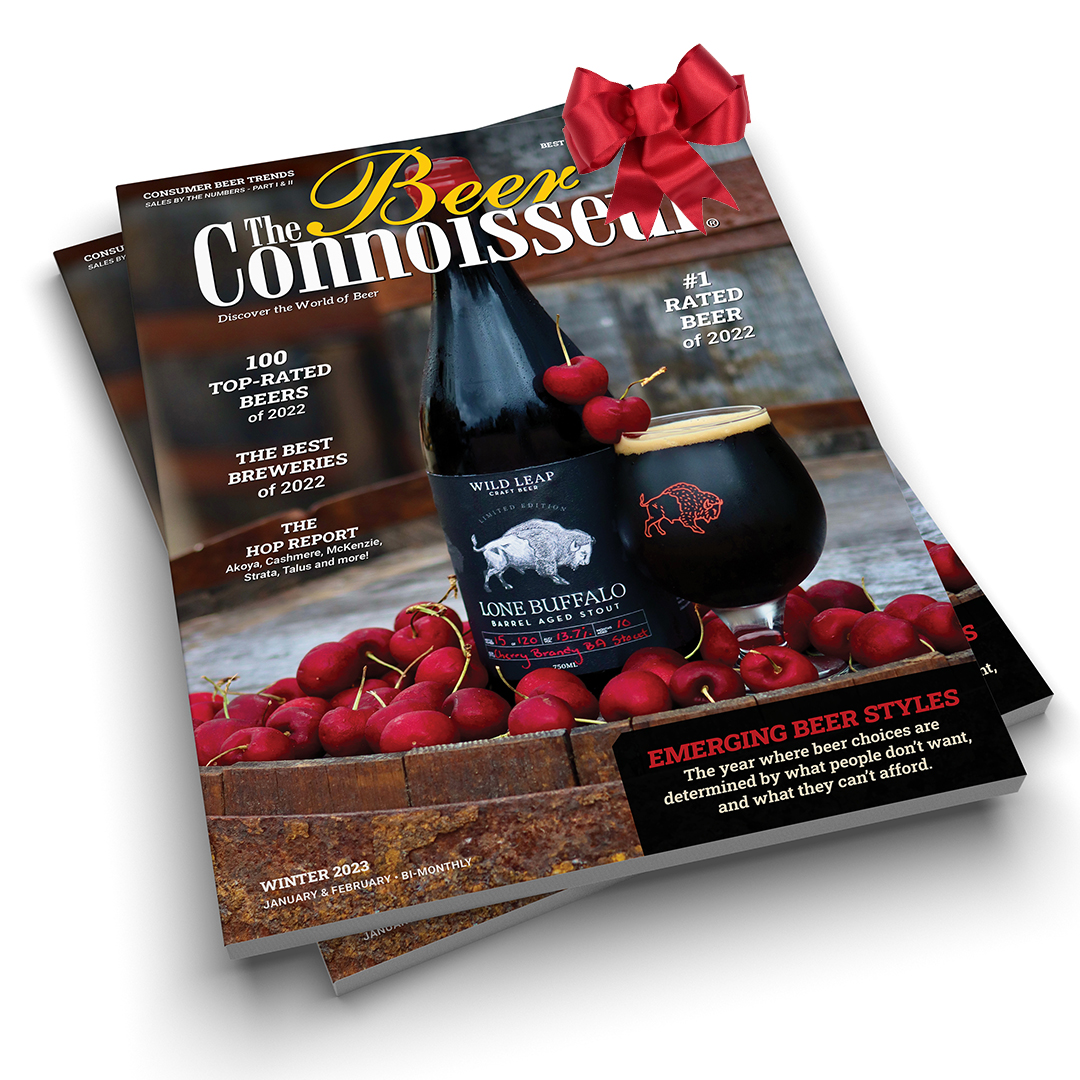Rotating Perishable Food Products in a Restaurant
In the restaurant industry, where margins are razor-thin, effective inventory management is crucial. One key aspect of this is the rotation of perishable food products. Proper rotation not only ensures food safety and quality but also helps in maintaining profitability. Here’s a comprehensive guide on why and how to rotate perishable food products, check expiration dates, and use data to optimize your ordering and inventory processes.
Why Rotate Perishable Food Products?
- Food Safety: Ensuring that older products are used before newer ones helps prevent the use of expired or spoiled items, reducing the risk of foodborne illnesses.
- Quality Control: Fresh ingredients are essential for maintaining the quality and taste of your dishes. Rotating stock ensures that customers always receive the best possible product.
- Cost Efficiency: Reducing waste by using products before they expire can significantly cut down on costs. In an industry where pennies matter, minimizing waste is key to survival.
How to Check for Expiration Dates – Rotating Perishable Food Products in a Restaurant
- Labeling: Clearly label all products with their expiration dates upon receipt. Use waterproof markers or labels to ensure the dates remain legible.
- Regular Inspections: Schedule regular checks of your inventory to identify items nearing their expiration dates. This can be done daily or weekly, depending on the volume of your inventory.
- Digital Tools: Utilize inventory management software that can track expiration dates and alert you when items are approaching their end of life.
Using the First In, First Out (FIFO) Method – Rotating Perishable Food Products in a Restaurant
The FIFO method is a straightforward yet effective way to manage perishable inventory:
- Organize Storage: Arrange your storage areas so that older products are at the front and newer products are at the back. This makes it easier to use older items first.
- Training Staff: Ensure that all staff members are trained on the FIFO method and understand its importance. Regularly remind them to follow this practice.
- Monitoring Compliance: Periodically check that the FIFO method is being followed correctly. This can be done through spot checks or during regular inventory inspections.
Using Waste Data to Optimize Ordering and Inventory
- Track Waste: Keep detailed records of any food that is discarded due to spoilage or expiration. Note the type of product, quantity, and reason for disposal.
- Analyze Patterns: Regularly review your waste data to identify patterns. Are certain items consistently being wasted? Are there specific times of the year when waste increases?
- Adjust Order Guides: Use the insights from your waste analysis to adjust your order guides. Order smaller quantities of items that are frequently wasted or adjust delivery schedules to better match your usage patterns.
- Build to Pars: Establish par levels for each item based on your usage and waste data. Par levels are the optimal quantities of each item that you should have on hand. Use these levels to guide your ordering process.
- Integrate with POS System: Ensure that your POS system is updated with the latest par levels and order guides. This integration helps streamline the ordering process and ensures that you are always ordering the right quantities.
Conclusion
Effective rotation of perishable food products is a critical component of inventory management in the restaurant industry. By implementing the FIFO method, regularly checking expiration dates, and using waste data to optimize your ordering and inventory processes, you can maintain high food quality, ensure safety, and improve profitability. In a business where every penny counts, these practices can make a significant difference in your bottom line.
Food Handling Card - Courses
More detailed information about food safety can be found at FoodSafety.Gov and at the FDA US Food and Drug Administration website and ACE Training Platforms and ACE Continuing Education Credits.
Rotating Perishable Food Products in a Restaurant
Food Handlers Training Classes by State
Ohio Person in Charge Training you can purchase a course for only $10 Texas Food Handler Training you can purchase a course for only $7 California Food Handler Training you can purchase a course here only $7 Illinois Food Handler Training you can purchase a course here only $7 Georgia Food Handlers Training you can purchase the course here for only $7 Hawaii Food Handlers Training you can purchase the course here for only $10 New Mexico Food Handlers Training you can purchase the course here for only $7 Arizona Food Handlers Training you can purchase the course here for only $7
Alcohol Seller/Server Courses by State
TABC Training – online only $10 RBS Training – online only $12 RAMP Training – online only $10 Basset Training – online only $10 Louisiana RV Bar Card – online only $9
Texas Department of State Health Services 1100 W 49th St Austin, TX 78756
Ohio Department of Health 246 N. High St. Columbus, Ohio 43215 614-644-7416
Arizona Department of Health Services 150 North 18th Avenue Phoenix, Arizona 85007
General Alcohol Service Hashtags
- #ResponsibleService
- #BartenderLife
- #Mixology
- #DrinkResponsibly
- #AlcoholAwareness
Food Safety and Training Hashtags – Clean Windows and Glass Doors in a Restaurant
- #FoodSafety
- #Training
- #FoodHandler
- #SafetyFirst
- #Compliance
Industry-Specific Hashtags
- #HospitalityIndustry
- #BarManagement
- #RestaurantLife
- #ServerLife
- #BartenderTraining
Engagement and Community Hashtags
- #CustomerSafety
- #CommunityFirst
- #SafeDrinking
- #DrinkSmart
- #ACETraining
Rotating Perishable Food Products in a Restaurant





